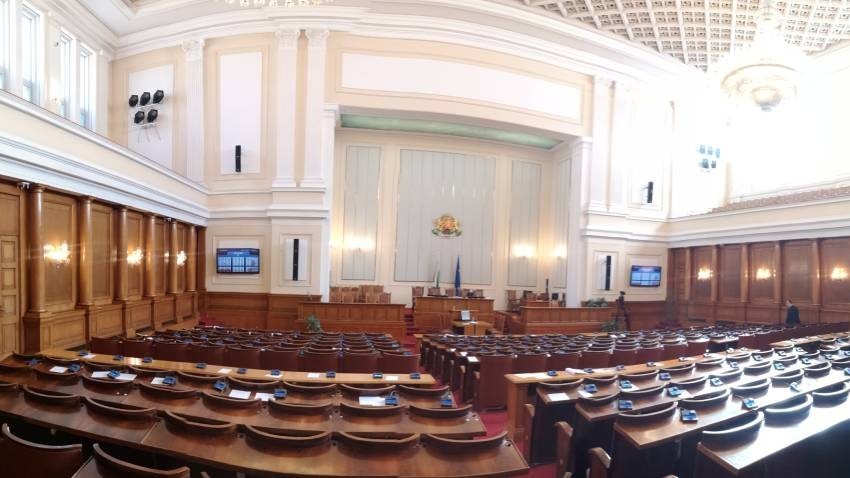This year's election was marred by the gravity of the situation - the looming threat of a global recession, high inflation, military conflict on our doorstep...
In these critical times, instead of looking for ways to solve Bulgaria's problems, Bulgarian politicians continued to preoccupy the electorate with their own problems, says young political scientist and master in crisis management Nedelcho Mihaylov. Although he lives in the Hague, where he graduated in political science, Mihaylov closely follows the situation in Bulgaria. In his view, this series of crises is creating the "perfect storm" for a deep undermining of trust in politics and the electoral process, which is manifested in the low turnout in the parliamentary elections, the weakest in 32 years.
"This is a common pattern in Europe and throughout the Western world. Crises shake and topple governments. You see this destabilisation in the Netherlands, in the Czech Republic, in many places," Nedelcho Mihaylov told Radio Bulgaria, adding:

The balance in the new parliament remains the same, there are no significant shifts in party configurations, but this time the ball is in the hands of GERB, which won the vote with over 25%, the political analyst believes. The low turnout, however, clearly shows that Bulgarians are tired of voting. After two years of early elections, setbacks and bickering, voters want the state to finally start functioning, the political scientist believes. But forming a government within the new parliament seems almost mission impossible. Yet:
"Perhaps the best option, the most workable, albeit unstable, is a minority government with floating majorities, as it would be hard to form a coalition cabinet. We saw that GERB and MRF had more or less the unchanged results in the elections, but that does not make them winners. In order to have a sustainable Euro-Atlantic coalition, Democratic Bulgaria should join it, as well as We Continue the Change, which, however, said that they would not enter into a coalition with GERB. Therefore, if there is a coalition, it will be of the floating majority. And this seems to be the best solution for these parties, which do not want to lose their electorate by giving in and sitting at the negotiating table," Nedelcho Mihaylov concludes.
Photo credit: Archive/Nedelcho Mihaylov, BGNES
English version: Elizabeth Radkova
Mihaela Aroyo is a professional photographer from Varna, Bulgaria. She has no family or close friends who are Bessarabian Bulgarians. But in 2019, after attending a youth festival in a Moldovan village, she was deeply impressed and decided to dedicate..
It is 116 years today since 22 September in 1908 when Bulgaria proclaimed its independence, taking its due place alongside the other free and independent countries of Europe at the time. Though unlike the unification, the proclamation of Bulgaria’s..
The Bolhrad region of Ukraine is considered the heart of the Bessarabian Bulgarian community, home to the largest and most concentrated population of ethnic Bulgarians outside of Bulgaria. More than 200 years ago, Bulgarian emigrants fled the Ottoman..

+359 2 9336 661
